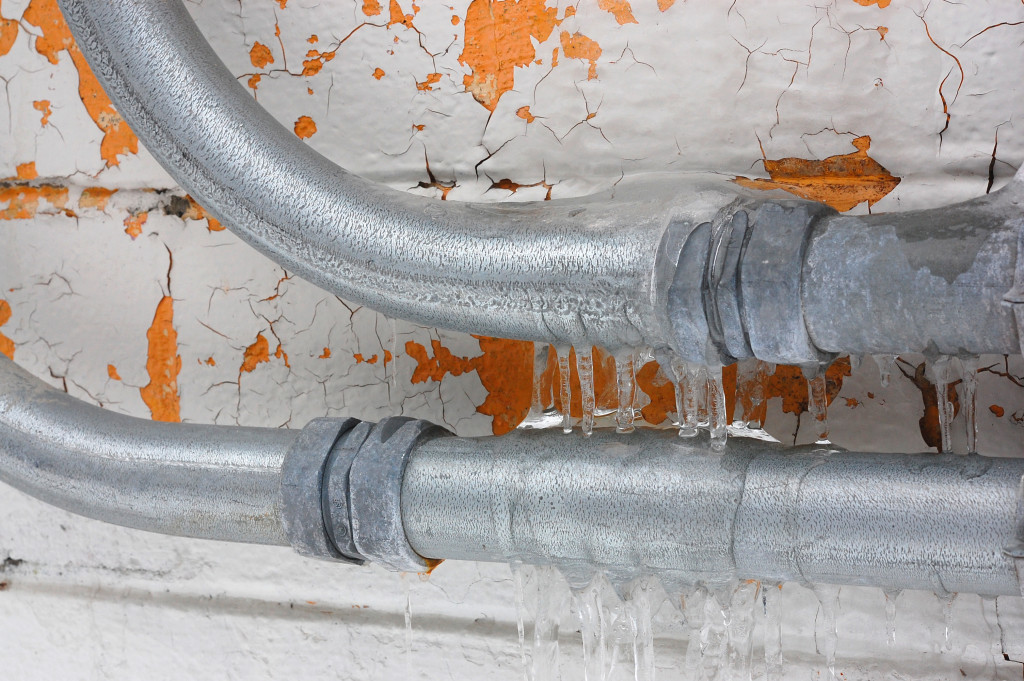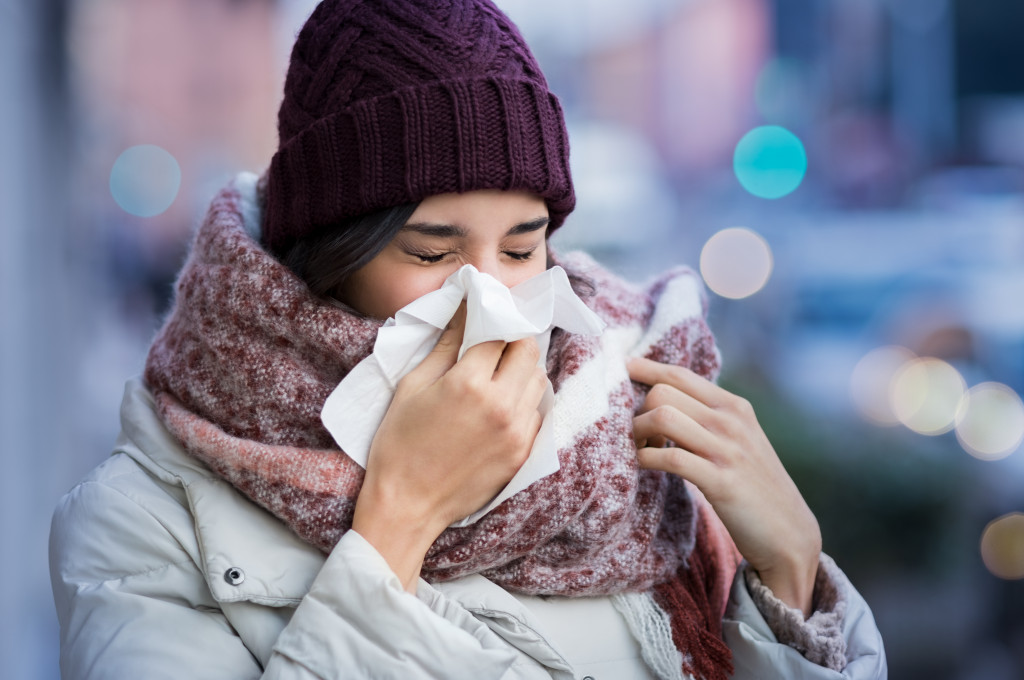With winter in full swing, the cold weather is here to stay for the next few months. While the snow and ice may be beautiful, it’s important to remember that cold weather has real health implications for you and your family. Here’s how winter can affect your health and what steps you can take to protect yourself from the elements.
Frequent Illness
The cold winter months increase illnesses like colds, sinus infections, and influenza. This is because viruses like the flu are more active in colder temperatures, which spreads more easily among exposed people. In addition, many people spend more time indoors when it’s cold outside, which means they’re in closer contact with one another—increasing their chances of catching something if someone else is sick. Therefore, it’s vital to maintain good hygiene habits, such as washing your hands frequently and avoiding touching your face as much as possible during the cold season to protect yourself from getting sick.
Hypothermia
Another health risk associated with cold weather is hypothermia. Hypothermia occurs when a person’s body temperature drops too low due to exposure to frigid temperatures or wet conditions for too long without proper protection. Symptoms of hypothermia include shivering, slurred speech, confusion, memory loss, and exhaustion. If you suspect someone may have hypothermia, it’s vital to seek medical help immediately, as it can be life-threatening if left untreated. To prevent this condition from occurring, dress appropriately when going outside in cold weather by wearing layers and using waterproof outerwear if necessary.
Asthma Exacerbation
Winter can pose a unique challenge for those living with asthma since many of the triggers associated with this condition are abundant during winter, such as smoke from fireplaces or woodstoves or mold caused by moisture buildup indoors due to lack of ventilation during colder times of the year. Therefore, it’s vital for those living with asthma or other respiratory illnesses to check local air quality forecasts regularly so they can plan accordingly if necessary. Additionally, ensure all household members are aware of any applicable emergency plans should an asthma attack occur during wintertime.
Although certain risks are associated with wintertime activities taking certain precautions can help protect yourself and your family from unwanted illnesses this season! Keeping up good hygiene habits such as washing hands frequently, dressing appropriately outdoors with multiple layers when needed, and checking local air quality forecasts all go a long way towards keeping everyone healthy throughout the winter months! Additionally, if you’re planning to stay home in the coming winter months, consider making these changes to your home.

Winterizing Your Home
Winterizing your home is a smart move if you’re not planning to leave your home during the colder months. There are several ways to do this. Here are some of the best and most affordable ways.
Upgrading Your Sidings
The sidings of your home play a huge role in keeping the cold and warm air out. So investing in better sidings can help you save on heating costs during winter. You can visit your local siding company and ask for the proper sidings for your home. You can also get a quotation to compare prices and find the best fit for your budget.
Inspect Your Heating System
As temperatures drop, you want to ensure that your heating system runs correctly, so your family stays warm. Check and clean all filters on furnaces and vents. Make sure all your heating systems are working without any problems or leaks. If you find any issues or need repairs, contact a professional for help as soon as possible before cold weather sets in.
Check Exterior Doors and Windows
It’s essential to check the exterior doors and windows of your home for drafts or air leakage. If you notice any cold spots around windows or door frames, use weather-stripping or caulk to seal up any gaps that could let cold air into your home. Installing door sweeps on exterior doors can also help keep out drafts and maintain an even temperature throughout your home.
Insulate Pipes
You’ll want to ensure you have enough insulation around pipes to prevent them from freezing during cold spells. This is especially important if exposed pipes are located in unheated areas such as basements or attics. You can purchase pre-cut insulation sleeves at most hardware stores which will help protect pipes from freezing during winter months. In addition, disconnecting garden hoses from outdoor faucets can help protect against frozen pipes in colder climates.
The winter can be a great time to stay inside with family and friends, but it’s essential to be aware of the risks cold weather can bring. Use these tips to ensure you and your family are safe this winter!
